How do elements of a stream go thought the stream itself? Is it like it takes 1 element and passes it thought all functions (map then sort then collect) and then takes second elements and repeats the cycle or is it like it takes all elements and maps them then sorts and finally collects?
new ArrayList<Integer>().stream()
.map(x -> x.byteValue())
.sorted()
.collect(Collectors.toList());
